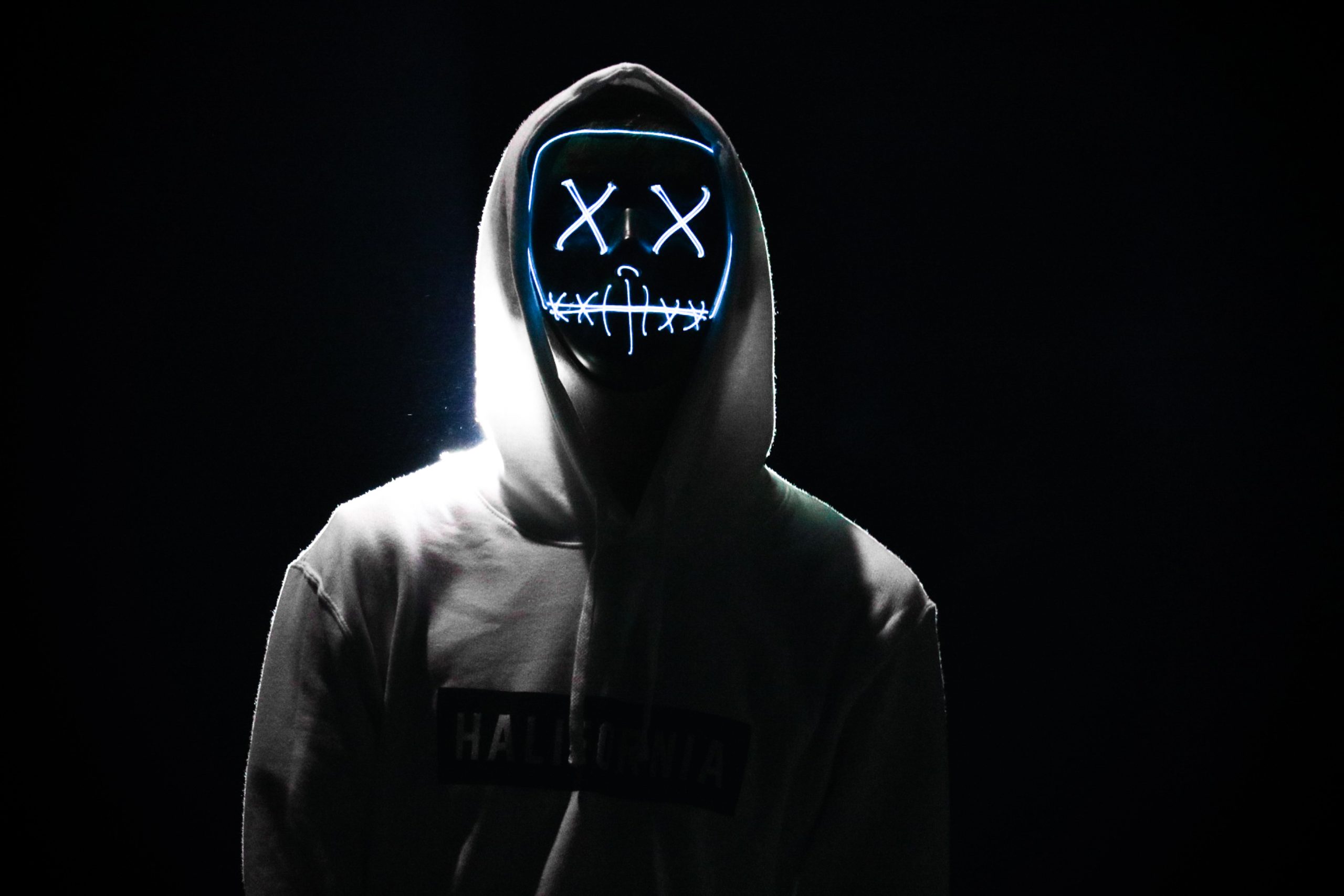By: Ingrid Kao
Introduction
In 2017, pornographic videos were posted on Reddit by a software developer with the account name “deepfakes,” featuring porn actors’ faces swapped with Hollywood celebrities’ faces. This technology uses machine learning algorithms trained to learn the facial expressions of an individual and then superimpose his/her “face” onto another person’s body.
The deepfake videos that depict a person doing or saying things that he/she has never done look incredibly realistic. Since the Reddit incident, numerous applications have emerged to generate deepfake content, making deepfake more accessible to the general public. People can now create deepfake content of themselves or celebrities, including politicians, actors/actresses, and singers. Many famous deepfake cases are about Trump, Obama, and Zuckerberg. Although deepfake is a breakthrough technology, many legal issues are associated with its misuse and abuse, including copyright infringements and defamation.
Deepfake and Copyright Laws
In December 2019, the World Intellectual Property Organization (the “WIPO”) published the “Draft Issues Paper On Intellectual Property Policy And Artificial Intelligence.” The draft discussed problems associated with deepfake contents and intellectual property rights. WIPO states that deepfake content completely different from a victim’s life will not be protected by copyright laws. Copyright laws would only protect the inventor of deepfakes and not the people who are merely using publicly available images, sounds, and videos to produce the deepfake.
In Canada, a copyright owner has the right to produce or reproduce work. Therefore, deepfake videos that use copyrighted images or videos will infringe copyright laws. Similar to the WIPO standards, the Canadian Copyright Act states that”[i]t is an infringement of copyright for any person to do, without the consent of the owner of the copyright, anything that by this Act only the owner of the copyright has the right to do.” [1] It may be difficult for a person to establish copyright interest in any deepfake content in Canada, especially for content that includes copyrighted images or trademarks.
Words, actions, audible tracks, or visible content that would damage a person’s reputation are considered acts of defamation. Some deepfake videos can contain false statements about a person that can harm that person’s public image. A person defamed by such videos can claim damages and an injunction to stop the defamatory videos from spreading online. However, there will be no claim for defamation if a disclaimer is attached to the videos claiming that they are fake. [2]
Issues concerning Deepfake
There are other severe issues concerning deepfakes, such as violation of privacy and appropriation of personality. Some states in America such as Virginia, Texas and California have taken actions to prevent the dissimilation of harmful deepfake content. In addition, big technology companies invented tools that can differentiate deepfake content from the real content. While current Canadian laws provide some solutions to deepfake regulation, it is clear that more legislation is required to protect people from being harmed by deepfake.
Disclaimer: The information provided in this response is for general informational purposes only and is not intended to be legal advice. The content provided does not create a legal client relationship, and nothing in this response should be considered as a substitute for professional legal advice. The information is based on general principles of law and may not reflect the most current legal developments or interpretations in your jurisdiction. Laws and regulations vary by jurisdiction, and the application and impact of laws can vary widely based on the specific facts and circumstances involved. You should consult with a qualified legal professional for advice regarding your specific situation.
[1] Copyright Act, R.S.C., 1985, c. C-42 s. 27(1).
[2] Charleston v News Group Newspapers Ltd, [1995] 2 WLR 450 (cited in Simpson v Mair, 2008 SCC 40)

